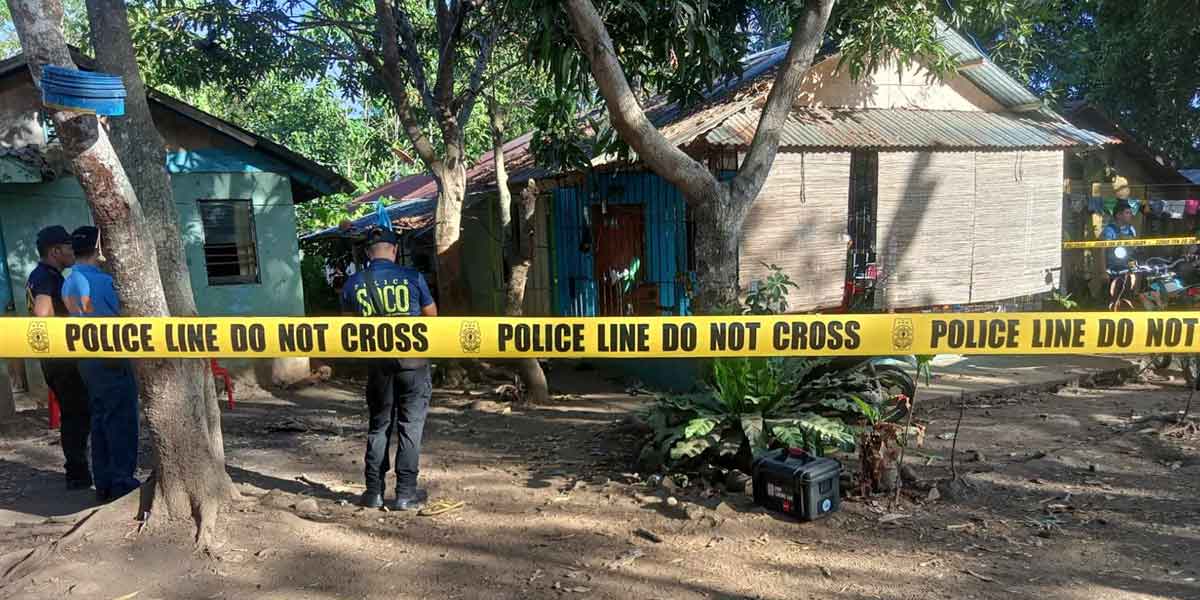
By Joseph Bernard A. Marzan
Iloilo City Mayor Jerry Treñas announced on Friday that the city might see a localized Bus Rapid Transit (BRT) system realized sooner, with a feasibility study proposal from a public-private partnership (PPP) currently under review.
Treñas said the national PPP Center has forwarded a proposal from First Balfour Inc., a subsidiary of the Lopez Group’s First Philippine Holdings.
This document, delivered to the city’s government on March 20, is now with the city’s PPP committee for evaluation.
“After [their] review, the PPP Center found it to be complete, which is why they brought it here to the city [government]. They came [with First Balfour] to guide us through [the process],” said Treñas.
According to the proposal, a private entity would be established to manage and operate the system, granting the city government a seat on the board.
The BRT would feature 3 routes and 16 buses, covering Benigno Aquino Jr. Avenue (Diversion Road), with additional routes connecting the City Proper to Arevalo and Jaro districts.
This proposal is separate from another feasibility study suggested by Business Sweden, supported by a US$1-million grant from the Swedish government’s finance institution Swedfund.
Business Sweden’s study would encompass the entire Metro Iloilo, including the city and the neighboring towns of Cabatuan, Leganes, Oton, San Miguel, Santa Barbara, and Zarraga.
Treñas differentiated between the two proposals.
“This means that while First Balfour is ready for Iloilo City only, the feasibility study offered [with support from] the Swedish government will extend up to the Iloilo Airport and other towns like Oton, Leganes, and Zarraga.”
The mayor conveyed the city government’s enthusiasm for the BRT proposals, stressing the importance of upgrading the public transport system. “We all know that the national government spent P70 to P80 billion on BRTs in Cebu and Davao. Here, [there’s] no expense. We need this, [because] BRT has been operating in Europe and the United States for a long time. They use it to manage traffic,” he declared.
The city’s PPP committee is set to assess First Balfour’s proposal before entering negotiations and signing an agreement, which will be open to a Swiss challenge.
Treñas is aiming to finalize the PPP process by the first quarter of 2025, with the necessary funding already secured for the study.
First Balfour’s initial suggestion for an electric BRT study emerged in early 2023.
The company, originating from the Philippine Engineering and Construction Corporation established in 1969 with Manuel Lopez as its first president, is known for significant projects such as the Tiwi Geothermal Power Plant and the University of Santo Tomas’ Central Library Building.
It also has a history of working with major telecom signal towers and the catenary systems for the Light Rail Transit (LRT) Lines 1 and 2.
Currently, it is in a joint venture with Hong Kong-based Leighton Asia on the North-South Commuter Railway project connecting Clark, Pampanga to Calamba City, Laguna.



















